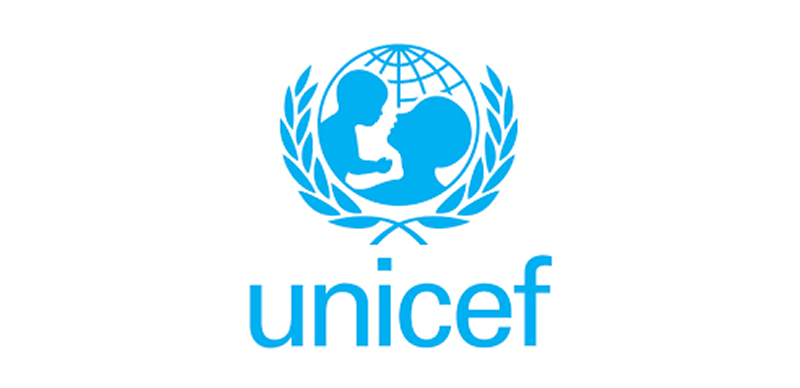The Imperative of Exclusive Breastfeeding: A Focus on Niger State, Nigeria
The practice of exclusive breastfeeding for the first six months of a child’s life stands as a cornerstone of infant health and development. Breast milk provides a comprehensive blend of essential nutrients, antibodies, and growth factors, meticulously tailored to meet the evolving needs of a rapidly developing infant. It bolsters the immune system, reducing the risk of infections, and lays the foundation for optimal cognitive and physical growth. Recognizing the profound benefits of exclusive breastfeeding, global health organizations, including the United Nations Children’s Fund (UNICEF) and the World Health Organization (WHO), ardently advocate for its widespread adoption.
However, despite the established advantages, the prevalence of exclusive breastfeeding remains suboptimal in many regions around the world. Niger State, located in north-central Nigeria, presents a case in point. According to UNICEF, a mere 15 percent of mothers in Niger State adhere to the recommended six months of exclusive breastfeeding. This figure falls significantly short of the national average of 34 percent, highlighting a critical gap in maternal and child health practices within the state. The implications of this low adherence rate are far-reaching, potentially impacting infant morbidity, mortality, and long-term development outcomes.
A confluence of factors contributes to the low uptake of exclusive breastfeeding in Niger State, echoing challenges encountered in other resource-constrained settings. Sociocultural norms, misconceptions about the adequacy of breast milk, early introduction of complementary foods, and limited access to accurate information all play a role in undermining breastfeeding practices. Furthermore, economic pressures and workplace policies often fail to adequately support mothers during the crucial postpartum period, hindering their ability to exclusively breastfeed. Addressing these multifaceted barriers requires a comprehensive, multi-pronged approach involving community engagement, education, and policy reform.
UNICEF, in collaboration with government agencies and local partners, is actively working to promote and support exclusive breastfeeding in Niger State. Recognizing that informed decision-making is essential, UNICEF health specialists are disseminating evidence-based information about the benefits of exclusive breastfeeding to mothers, families, and community influencers. These efforts aim to dispel misconceptions, address cultural barriers, and empower mothers with the knowledge and confidence to embrace exclusive breastfeeding. Furthermore, UNICEF is advocating for the implementation of supportive policies, such as paid maternity leave, to create an enabling environment for breastfeeding mothers.
One notable achievement in Niger State is the enactment of a six-month paid maternity leave policy. This progressive measure, implemented in only ten states across Nigeria, including Niger State, aims to provide mothers with the time and financial security needed to exclusively breastfeed their infants. The policy reflects a growing recognition of the importance of supporting working mothers and fostering a culture that prioritizes infant health. However, the effective implementation and enforcement of this policy remain crucial to ensuring its intended benefits reach all eligible mothers. Continuous monitoring and evaluation are essential to assess the policy’s impact on breastfeeding rates and identify any bottlenecks or areas for improvement.
The 2025 World Breastfeeding Week, launched in Minna, the capital of Niger State, provided a platform to galvanize support for exclusive breastfeeding and underscore its critical role in child survival and development. The First Lady of Niger State, Fatima Bago, championed the cause, urging lactating mothers to embrace exclusive breastfeeding for the first six months and continue breastfeeding up to 23 months. Her advocacy highlights the importance of engaging influential figures in promoting positive health behaviors and creating a supportive environment for breastfeeding. Community sensitization visits, led by UNICEF’s U-Report team, further reinforced the message, reaching out to women in various communities to emphasize the benefits of exclusive breastfeeding.
The Niger State Commissioner for Primary Health Care affirmed the government’s commitment to supporting breastfeeding mothers by ensuring access to the six-month paid maternity leave. This reiteration of the policy’s implementation underscores the collaborative efforts between government agencies and international organizations like UNICEF to improve maternal and child health outcomes in the state. Moving forward, sustained efforts are needed to strengthen the health system’s capacity to provide comprehensive breastfeeding support services, including access to skilled lactation counseling and community-based support networks.
In conclusion, while Niger State has made strides in enacting supportive policies like paid maternity leave, significant challenges remain in achieving optimal exclusive breastfeeding rates. Continued advocacy, community engagement, and strengthened health systems are essential to empower mothers, dispel misconceptions, and create an environment where exclusive breastfeeding becomes the norm. The collective commitment of government agencies, international organizations, healthcare providers, and communities is indispensable to realizing the full potential of exclusive breastfeeding in safeguarding the health and well-being of infants in Niger State and beyond.


